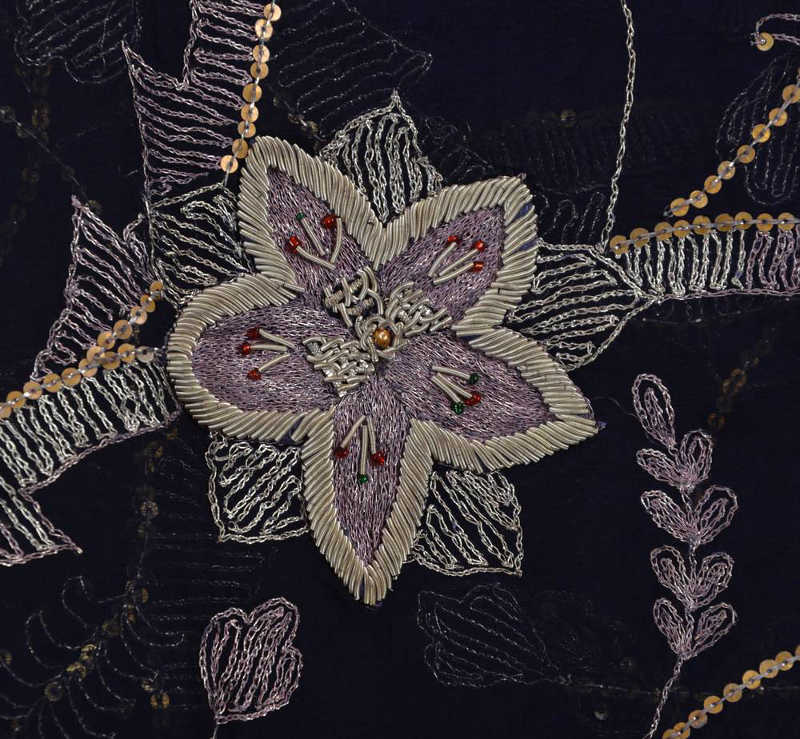===
0502,
4
===

=== |
 |
tufang : 'A tube through which a thing is blown or propelled; a musket; pea-shooter; pop-gun'. (Platts p.329)
FWP:
SETS == HUMOR
MOTIFS
NAMES
TERMS == IDIOM; METAPHOR; THEMEThere are some interesting technical questions about this ghazal in relation to the previous one; for discussion, see {501,1}.
The beloved's blow-gun has narrowly missed the lover; the pellet has 'gone right past his ear'. In English we might say that he escaped 'by the skin of his teeth'. But the wordplay with 'voice' is the real delight.
Here's another verse by Atish that I can't help mentioning:
ham-paayah hai do-naalii banduuq se vuh biinii
chharro;N kaa kaam ruu-e qaatil ke ;xaal karte[it's equal to a double-barreled shotgun, that nose
if only the beauty-spots on the murderer's face had done the work of birdshot!]This amusing verse was suggested to me years ago by SRF for use in Nets of Awareness (Chapter 7, p. 95).